DALLAS — In 2023, the commercial aviation industry marked a significant year, witnessing a continued recovery from the impacts of COVID-19. The two aerospace giants, Airbus and Boeing, showcased increased order and delivery activity, solidifying their dominance in the market last year.
While Airbus secured delivery leadership for the fifth consecutive year, Boeing faced headwinds due to lingering challenges from the Boeing 737 MAX grounding and production issues.

Airbus Soared Higher
Airbus enjoyed a successful year, surpassing its 2022 performance. It set three new industry records: the highest gross orders of 2,319 jets, the highest net new orders of 2,094 aircraft, and the highest backlog of 8,598 jets by the end of 2023. This performance was primarily driven by the strong demand for its A320neo family of narrowbody aircraft, particularly the fuel-efficient A320neo and A321neo variants.
In terms of deliveries, the European manufacturer managed to deliver 735 aircraft by December 2023, solidifying its position as the industry leader in terms of commercial aircraft delivery in 2023.

Boeing Faced Challenges
Despite Boeing securing a new company record backlog of 6,216 jets by the end of last year, it still faced delivery delays due to supply chain disruptions and ramp-up challenges for the Boeing 737 MAX production.
While it managed to deliver 528 aircraft in 2023, it fell short of Airbus's delivery numbers. However, the American manufacturer remained optimistic, expressing confidence in its ability to bounce back in the coming years.

A Look at Notable Orders
The commercial aviation industry witnessed a significant upturn in 2023, building upon the recovery momentum from the pandemic's impact. Last year saw a considerable surge in aircraft orders, signifying airlines' confidence in the future of travel and their commitment to fleet modernization and expansion.
Airbus and Boeing secured notable large orders and commitments, setting the stage for continued competition and innovation in the years or even the decade to come.

Air India's Combined Order for 470 Planes
In February last year, Air India (AI) ordered 470 jets, including 250 Airbus jets and 220 Boeing planes plus 70 options. The agreement includes 140 A320neo and 70 A321neo single-aisle aircraft as well as 34 A350-1000 and six A350-900 wide-body jets.
The deal with Airbus for 250 aircraft is valued at around US$37 billion based on the list prices for the most popular model variants, even though airlines tend to receive steep discounts on such mega deals.
In addition to the large Airbus order, Boeing and AI ordered 220 Boeing aircraft, comprising 190 Boeing 737 MAX, 20 Boeing 787 Dreamliners, and 10 Boeing 777X airplanes. The deal also includes options for 50 Boeing 737 MAX and 20 Boeing 787-9 airplanes.
This historic order with Boeing is valued at $34 billion at current list prices. Although the exact number of aircraft in each variant isn’t confirmed yet, the 190 Boeing MAX aircraft will be split between the Boeing 737-8 and 737-10 variants.
Following the confirmation of this order, Air India became the 11th customer for the yet-to-be-certified flagship Boeing 777X jet.
"Air India is on a large transformation journey across safety, customer service, technology, engineering, network and human resources. Modern, efficient fleet is a fundamental component of this transformation. These new aircraft will modernise the Airline’s fleet and onboard product, and dramatically expand its global network. The growth enabled by this order will also provide unparalleled career opportunities for Indian aviation professionals and catalyse accelerated development of the Indian aviation ecosystem.” Tata Sons and Air India Chairman, Mr N Chandrasekaran.
The first of the new batch of aircraft has already entered service, with the bulk of these aircraft scheduled to arrive in mid-2025. In the meantime, AI has already started taking delivery of 11 leased Boeing 777 and 25 Airbus A320 family aircraft to accelerate its fleet and network expansion.

IndiGo's Order for 500 Airbus A320neo Family Aircraft
On the first day of the 2023 Paris Air Show, Indian low-cost carrier (LCC) IndiGo (6E) placed a firm order for 500 Airbus A320neo Family aircraft, setting the record for the largest single purchase agreement in the history of commercial aviation.
The LCC once again solidified its position as the leading customer of the Airbus A320neo Family by expanding its existing order, bringing the total number of aircraft on order to nearly 1000. This order cemented 6E’s status as the world’s largest customer for the Airbus A320 Family aircraft.
“It is difficult to overstate the significance of IndiGo’s new historic order for 500 Airbus A320 Family aircraft. This order strongly reaffirms IndiGo’s belief in the growth of India, in the A320 Family and in our strategic partnership with Airbus.” Pieter Elbers, CEO of IndiGo.
Airbus says deliveries for these A320neo aircraft will begin in 2030, and all 500 jets will be delivered by 2035. Airbus will deliver 100 A320neo aircraft a year to a single customer early next decade.

Turkish Airlines' Order for 220 Airbus Aircraft
In December 2023, Turkish Airlines (TK) ordered 220 Airbus aircraft, comprising 150 Airbus A321neos and 70 A350 widebody aircraft (50 A350-900s, 15 A350-1000s, and 5 A350F freighters). The airline ordered 10 A350-900s in September and four A350-900s in July 2023.
Following this latest order, TK’s total orderbook for Airbus aircraft stood at 504, of which 212 have already been delivered.
"This order for the latest generation aircraft is a demonstration of the bold vision by Turkish Airlines. The A350-900, A350-1000, A350F and A321 will all be flagship aircraft in their respective category and efficiency drivers to shape the airline’s future and sustainable expansion, with more range, less fuel, noise and emissions and best cabin in class." Christian Scherer, Airbus Chief Commercial Officer and Head of International.

Emirates, flydubai's Orders for Airbus A350, Boeing 777X/787
On the first day of the Dubai Airshow, Emirates (EK) opened the order book with a significant order for 95 additional wide-body aircraft, taking its total order book to 295 aircraft.
The Dubai-based carrier ordered 90 Boeing 777X, including 55 777-9 and 35 777-8 jets in a deal valued at $52 billion at list prices. This order has boosted Emirates’ Boeing 777X family backlog to 205 aircraft. EK will be inducting new Boeing 777-9s to its fleet until 2035.
In addition to the Boeing 777X Order, EK updated its Boeing 787 Dreamliner order book by placing orders for five additional jets, thus growing its Boeing 787 backlog to 35 aircraft. EK has increased its commitment to 35 Dreamliners comprising 15 Boeing 787-10s and 20 Boeing 787-8s.

Emirates was one of the first airlines to order the Boeing 777X, signing up for 150 jets during the Dubai Airshow in November 2013. The order was finalized in July 2014 and included 50 additional options for the twin jet.
During last year’s Dubai Airshow, EK also ordered 15 Airbus A350-900s in a deal valued at US$ 6 billion at the list price. This takes EK’s A350 order book to a total of 65 units. The first A350 is scheduled to join Emirates’ fleet in August 2024, and with these additional orders, it will continue to receive A350 deliveries until early 2028. Despite wide speculations, the Dubai-based carrier didn’t order the larger A350-1000 variant at last year's Dubai Airshow.
On top of the Emirates order, flydubai (FZ) also ordered its first widebody aircraft at the airshow. The low-cost carrier ordered 30 Boeing 787-9 Dreamliners to be delivered in 2026 in a deal valued at US$11 billion. FZ plans to use the Boeing 787s to open new routes and grow capacity on existing routes.

Riyadh Air, Saudia, Up to 121 Boeing 787 Dreamliners
In March, Saudi Arabia’s new national airline Riyadh Air (RX) ordered 39 Boeing 787-9 Dreamliners, with options for an additional 33 aircraft. In addition, Saudi Arabian Airlines (SV) also announced the growth of its long-haul fleet with the addition of up to 49 Boeing 787 Dreamliners.
According to Boeing, the state-owned carrier SV ordered 39 Boeing 787s split between 787-9 and 787-10 models and has an option for another ten aircraft. The two national carriers decided to purchase up to 121 Boeing 787 Dreamliners. All of these aircraft will be fitted with General Electric Co. engines. The deal is valued at almost US$37 billion at list prices.
“Saudia continues its expansion efforts in all aspects of the airline; whether introducing new destinations or increasing the aircraft fleet. The agreement with Boeing delivers on this commitment, and the newly added aircraft will further enable SAUDIA to fulfill its strategic objective of bringing the world to the Kingdom." His Excellency Engr. Ibrahim Al-Omar, Director General of SAUDIA Group.
This deal also marked Boeing’s fifth-largest commercial order in terms of value and will significantly contribute to Saudi Arabia’s objective of serving 330 million passengers and attracting 100 million visitors by 2030.

Air France-KLM Ordered up to 90 A350 Aircraft
In September, Air France - KLM Group ordered 50 Airbus A350-900 and A350-1000 aircraft, with purchase rights for 40 additional aircraft. Deliveries of these A350s will begin in 2026 and continue through 2030. The Airbus A350s will eventually replace the Airbus A330s and older Boeing 777 aircraft across the group’s airlines.
According to Reuters, the decision to order additional Airbus A350s came after an intense competition between Airbus and Boeing, with support from engine manufacturers. The group's fleet planners faced the challenge of balancing considerations such as range, size, and cost as they sought to replace their Airbus A330 jets and a significant portion of the group’s aging Boeing 777s.
“This new order will be a major step in the renewal of the Group’s fleet. The Airbus A350 is a state-of-the-art aircraft with an excellent track record at Air France, where it has rapidly become a favorite among passengers and crew since its entry into service in 2019. It is the perfect fit for the network needs of the Group and boasts outstanding performances." Air France-KLM CEO Benjamin Smith.
In addition to these large orders, Airbus and Boeing secured tens of orders for their narrowbody and widebody aircraft throughout the year. Both manufacturers bagged significant orders from the Paris and Dubai Airshow in 2023.

December Orders
Airbus secured orders for a record 807 jets (gross orders) from 16 customers in December. However, the company also faced 108 cancellations, including seven A320ceos, seven A321ceos, 34 A320neos, eight A330-200s, eight A330-300s, 28 A330-900s, and 16 A350-1000s. This resulted in a total of 699 net new orders for the month of December.
Also in December, easyJet (U2), a major UK-based low-cost carrier, placed a firm order for 153 A320neo family aircraft, comprising 52 A320neo and 101 A321neo aircraft.
Shifting focus to Boeing's December performance, the company received orders from eight customers totaling 371 jets (gross orders). Boeing reported two Boeing 787 cancellations and logged 369 net new orders. Boeing's December order was dominated by a large Boeing 737 MAX order for 156 aircraft and an order for 45 Boeing 787 Dreamliners, both placed by an undisclosed customer.

Aircraft Delivery Battle in 2023
While order activity saw notable growth in 2023, the year also brought its own set of challenges in terms of deliveries.
Airbus and Boeing faced headwinds due to supply chain disruptions and production issues. However, they still managed to deliver enough aircraft for us to see progress in the industry's recovery.

Airbus Deliveries
Airbus maintained its delivery crown for the fifth year, delivering 735 aircraft to airlines worldwide. Among the A320neo family, 571 aircraft were delivered, comprising 317 A321neos, 247 A320neos, and 7 A319neos/ACJ319s. Notably, the dominance of A321 deliveries has set absolute and relative records. With 317 A321s delivered, it now constitutes 56 percent of the A320 family deliveries, indicating a growing trend.
In 2023, the Airbus A220 deliveries reached a new high with 65 A220-300s, two A220-100s, and one ACJ TwoTwenty delivered throughout the year. Despite the absence of A330-800 deliveries, the Airbus A330 series recorded 32 new deliveries, encompassing three A330-200 tanker variants and 29 A330-900s.
While the A330neo's performance has been slower due to fewer deliveries this year than other models, 121 deliveries have been achieved. Looking back, the European manufacturer delivered 64 A350s, with 52 A350-900s and 12 A350-1000s contributing to this achievement.
“A big thumbs up to our commercial and regional teams, and importantly, a big thank you to our customers for their trust and partnership. We have never sold as many A320s or A350s in any given year, not to mention welcoming seven new customers for the A350-1000. Travel is back, and there is serious momentum! I’m proud to say there are now 735 more fuel-efficient Airbus jets flying today, paving the way to our lower carbon future. It’s the orders we win today that will support us in investing in innovative and even more sustainable solutions tomorrow.” Christian Scherer, Airbus CEO, Commercial Aircraft.

Boeing Deliveries
Boeing delivered 528 aircraft in 2023, marking a positive year for production compared to 2022's 480 deliveries. While the numbers don't quite reach Airbus's total deliveries, Boeing saw growth across several key models.
Notably, the Boeing 737 family continues to be a mainstay for Boeing, with 396 deliveries in 2023, showcasing its continued popularity among airlines despite challenges. This shows a slight increase from the previous year's 387 deliveries from the Boeing 737 family.
The final delivery of the Queen of the Skies in 2023 symbolized the symbolic end of an era. Only one 747 was delivered compared to five in 2022, officially ending production of this iconic widebody passenger aircraft. Boeing's 767 and 777 programs maintained consistent delivery numbers, with 32 and 26 aircraft delivered in 2023, respectively, compared to 33 and 24 in the previous year.
Despite challenges, the Boeing 787 Dreamliner family saw a significant increase in deliveries, reaching 73 aircraft compared to just 31 in the previous year, reflecting a positive trend in the market.
"Our full focus is on taking comprehensive actions to strengthen quality at Boeing, including listening to input from our 737 employees that do this work every day. As we move forward, we will support our customers, work transparently with our regulator, and ensure we complete all actions to earn the confidence of our stakeholders." Dave Calhoun, Boeing President and Chief Executive Officer.

Which Airlines Took the Most Deliveries?
In 2023, Southwest Airlines (WN) took the most narrowbody deliveries, whereas FedEx Express (FX) took the most widebody deliveries, with 86 and 15 aircraft, respectively. Below, find out which airlines received the most aircraft deliveries in 2023, from narrowbodies to widebodies.
Narrowbody Aircraft
Southwest Airlines took the most narrowbody deliveries in 2023, followed closely by United Airlines.
- Southwest Airlines (WN): Taking the top spot, WN added 86 Boeing 737-8 aircraft to its fleet in 2023.
- United Airlines (UA): In 2023, UA delivered 81 narrowbody aircraft, comprising 46 Boeing 737-8s, four Airbus A321neos, and 31 Boeing 737-9s.
- Ryanair (FR): As a dominant low-cost carrier in the European market, FR acquired 44 Boeing 737-8-200 aircraft, solidifying its position as one of the largest Boeing 737 MAX operators.

- IndiGo Airlines (6E): IndiGo Airlines added 41 narrowbody aircraft to its fleet, including 25 Airbus A320neos and 16 Airbus A321neos. This expansion aligns with 6E's strategy to meet India's growing air travel demand.
- Delta Air Lines (DL): Delta Air Lines expanded its narrowbody fleet with 36 aircraft deliveries last year, consisting of nine Airbus A220s and 27 Airbus A321neos. These deliveries assisted the carrier in fleet renewal and enhanced passenger experience.
- Alaska Airlines (AS): Alaska Airlines welcomed 29 narrowbody aircraft, including one Boeing 737-8 and 28 Boeing 737-9s.

- Wizz Air Malta (WS): A subsidiary of Wizz Air (W6), WS took delivery of 25 Airbus A321neos, signaling its commitment to expanding its network in Europe and beyond.
- Spirit Airlines (NK): Spirit Airlines added 23 narrowbody aircraft to its operations, comprising 15 Airbus A320neos and eight Airbus A321neos.
- Frontier Airlines (F9): Frontier Airlines received 21 Airbus A321neos, supporting its strategy to offer low fares and expand its route network across the Americas.

- American Airlines (AA), flynas (XY), and ITA Airways (AZ): Each of these three airlines took delivery of 19 narrowbody aircraft in 2023. AA took delivery of two Airbus A321neos and 17 Boeing 737 MAX 8s, flynas acquired 19 Airbus A320neos, and ITA Airways expanded its fleet with a mix of six Airbus A220s, 11 Airbus A320neos, and two Airbus A321neos.

Widebody Aircraft
In 2023, FedEx Express took the most widebody aircraft, closely followed by Qatar Airways (QR) and Singapore Airlines (SQ).
- FedEx Express (FX): FedEx took delivery of 15 widebody aircraft, including 11 Boeing 767-300F freighters and four Boeing 777-200F freighters.
- Qatar Airways (QR): The flag carrier of Qatar received 13 widebody aircraft, comprising five Airbus A350-1000s, one Boeing 777-200F freighter, and seven Boeing 787-9 Dreamliners.

- Singapore Airlines (SQ): Singapore Airlines took delivery of 12 widebody aircraft in 2023 consisting of two Airbus A350-900s, three Boeing 777-200F freighters, and seven Boeing 787-10 Dreamliners.
- Turkish Airlines (TK): Turkish Airlines added 11 widebody aircraft to its fleet, including five Airbus A350-900s and six Boeing 787-9 Dreamliners.

- Condor (DE): Condor took delivery of 10 Airbus A330neo aircraft, bolstering its widebody fleet.
- Air China (CA), Air France (AF), Delta Air Lines (DL): These three carriers each took delivery of seven widebody aircraft last year. Both CA and AF acquired seven Airbus A350-900s, whereas DL took delivery of seven Airbus A330neo aircraft, expanding its widebody fleet. DL is currently the largest operator of the Airbus A330neo aircraft.

- Air India (AI), British Airways (BA), ITA Airways (AZ), UPS Airlines (5X): Each of these four carriers welcomed six widebody aircraft last year. The Indian flag carrier took delivery of six Airbus A350-900s, whereas the British flag carrier received four Airbus A350-1000s and two Boeing 787-10 Dreamliners. Expanding its widebody fleet, AZ took delivery of six Airbus A330neo aircraft, and 5X took delivery of six Boeing 767-300F freighters to expand its cargo operations, enhancing its global logistics capabilities.

Financial Performance, Other Developments
Financially, Airbus and Boeing reported positive results in 2023 compared to 2022. Airbus reported a net profit of €3.789 billion and revenue of €65.4 billion, while Boeing reported a revenue of USD 77.794 billion and a net loss of US$2.2 billion. Despite the loss, Boeing's financial performance showed improvement compared to 2022, reflecting its ongoing recovery efforts.
Production issues continued to pose challenges for Boeing, particularly regarding the Boeing 737 MAX and Boeing 787 program. While the company ramped up production to meet demand, it still faced supply chain constraints and hiccups related to the return of the usual delivery of these aircraft types after the grounding.
On the other hand, Airbus managed to navigate production challenges more effectively, maintaining a steadier pace of deliveries throughout the year. This and its solid order activity solidified Airbus's position as the leading commercial aircraft manufacturer in 2023.

Airbus Future Outlook
Looking ahead, the future of the commercial aviation industry appears cautiously optimistic. The significant order activity in 2023 indicates airlines' confidence in the long-term growth of air travel.
Airbus is continuing its manufacturing ramp-up efforts for the A220 program, aiming to achieve a monthly production rate of 14 aircraft by 2026. Emphasis is being placed on enhancing the program's industrial maturity and financial performance. Meanwhile, progress is being made on the A320 Family program, with production advancing steadily towards the previously announced rate of 75 aircraft per month by 2026.
Construction commenced on the second A320 Final Assembly capacities in Tianjin (China) and Mobile (US), while the new A320 Family Final Assembly Line in Toulouse delivered its inaugural aircraft in December 2023. Also that month, the first customer A321XLR aircraft entered the Final Assembly Line, with its entry-into-service slated for Q3 2024.
Regarding widebody aircraft, the European manufacturer is moving forward with plans to achieve a monthly rate of four aircraft for the A330 in 2024 and a rate of 10 aircraft for the A350 by 2026.

Boeing Future Outlook
Boeing maintains transparent cooperation with the Federal Aviation Administration (FAA) following the Alaska Airlines Flight 1282 incident involving a Boeing 737-9 MAX aircraft. The manufacturer is implementing immediate measures to enhance the quality of its Boeing 737 program, including additional inspections within its factory and at key suppliers. It also supports expanded oversight from airline customers and temporarily paused its narrowbody production for one day to refocus its employees on quality.
The American manufacturer has appointed an external expert to lead a comprehensive independent assessment of Commercial Airplanes' quality management system, directly providing recommendations to Calhoun and the Aerospace Safety Committee of Boeing's Board of Directors. Despite these challenges, the Boeing 737 program continues to deliver airplanes, with its production rate currently at 38 per month. Similarly, the Boeing 787 program maintains a production rate of five per month.
However, challenges remain, including potential economic headwinds, geopolitical uncertainties, and the ongoing need for supply chain stabilization. To solidify their positions in the years to come, both Airbus and Boeing are expected to focus on further streamlining their production processes, developing new fuel-efficient technologies, and exploring emerging markets.

.jpg)
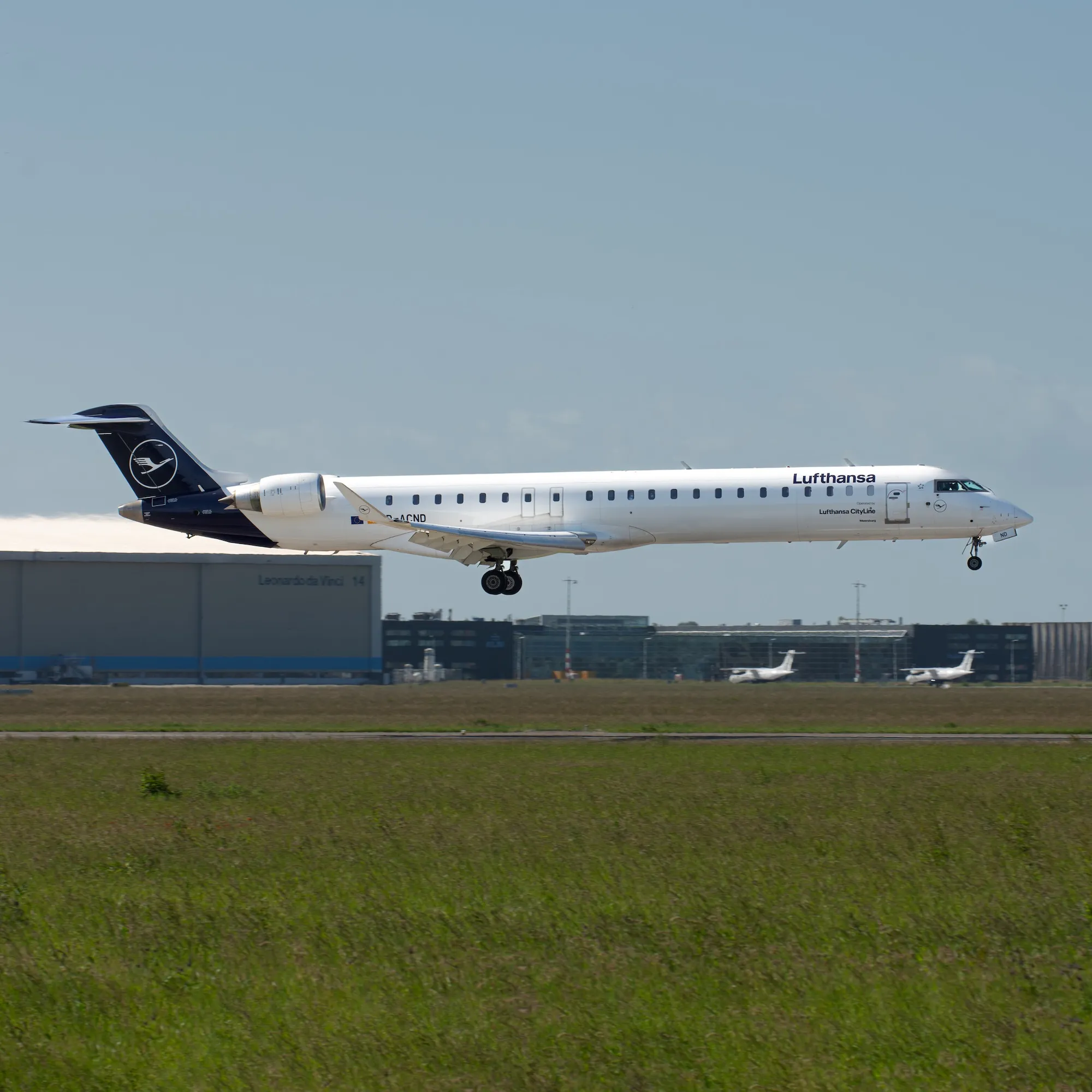
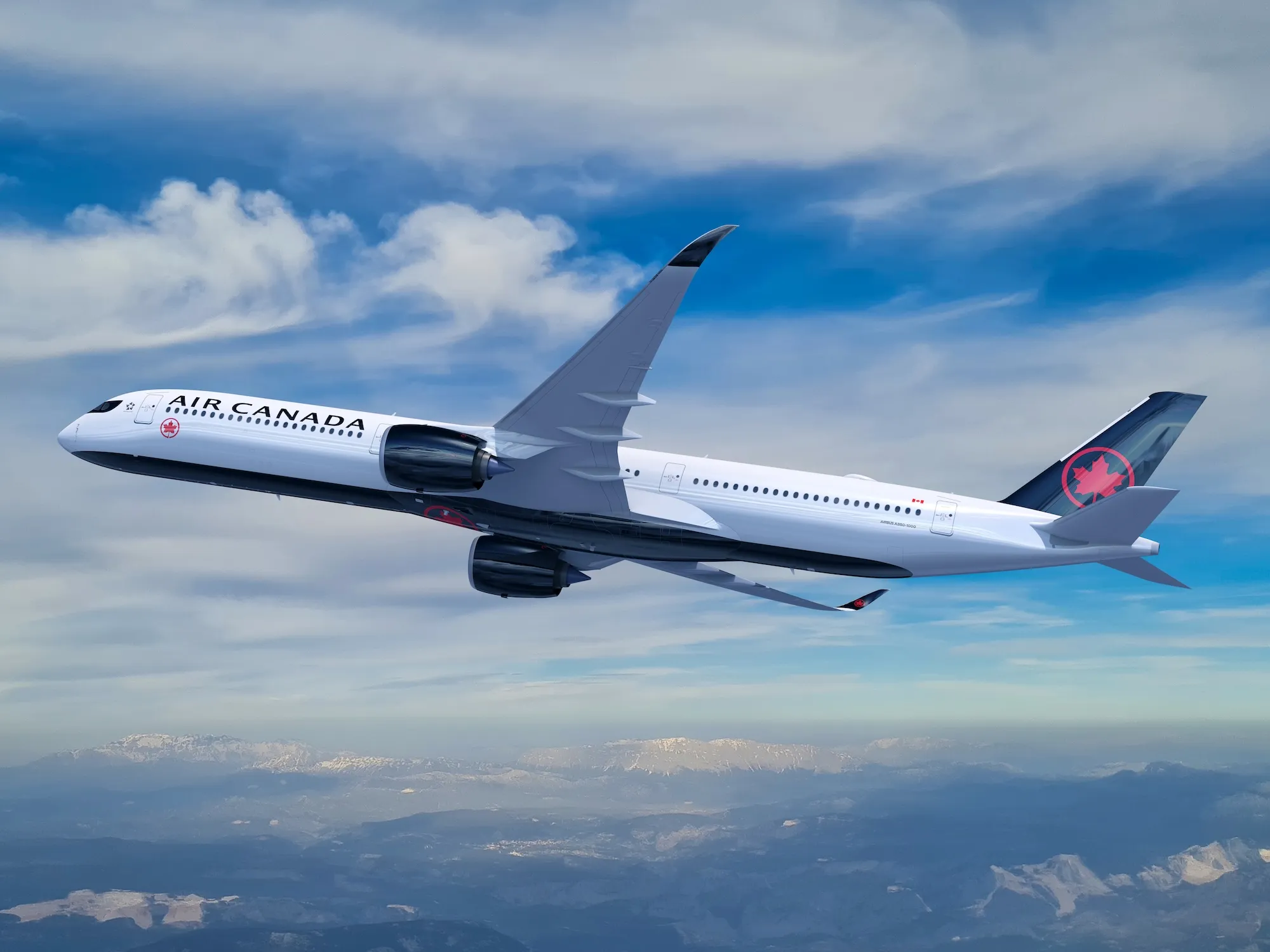
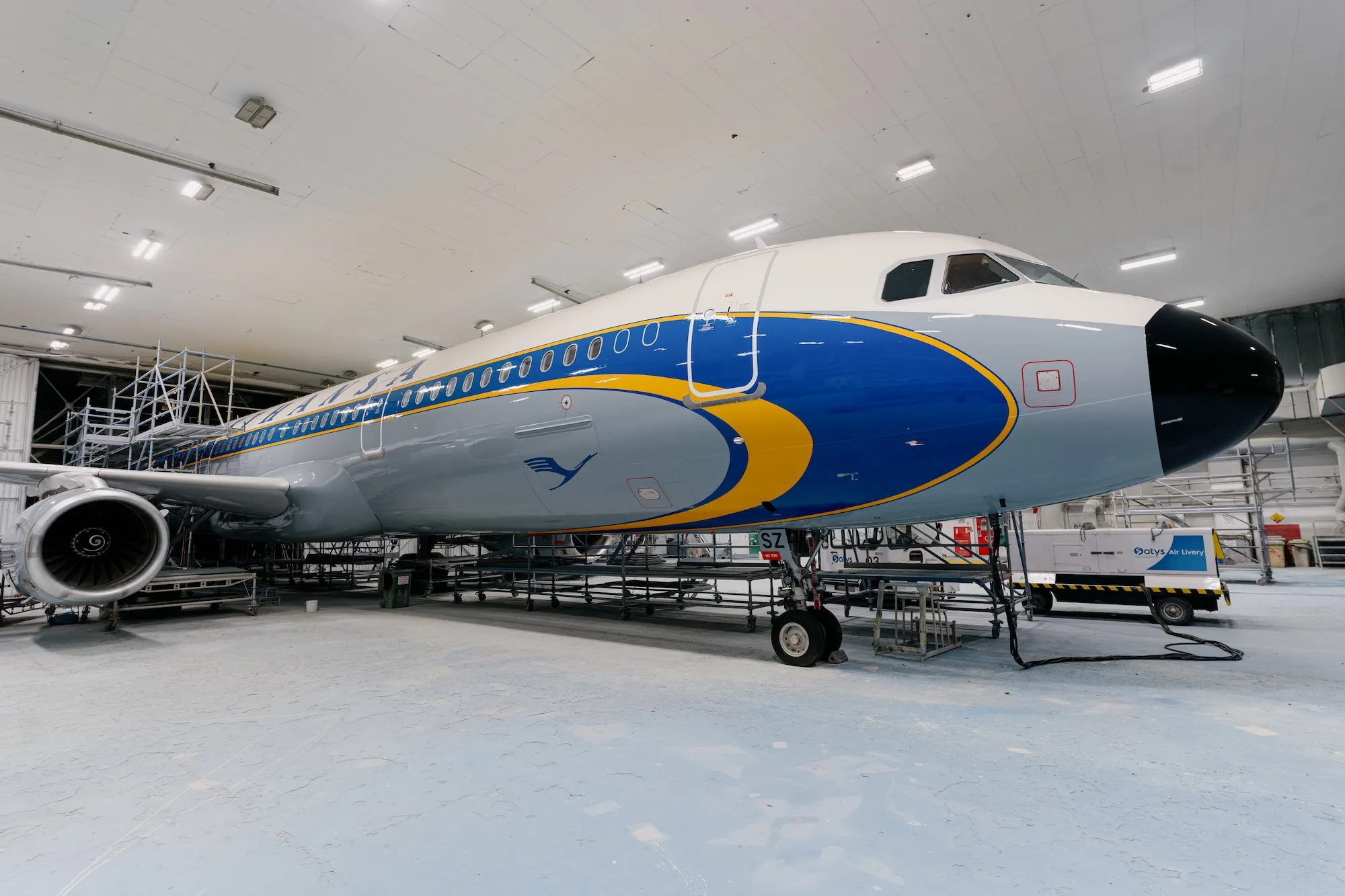
.webp)
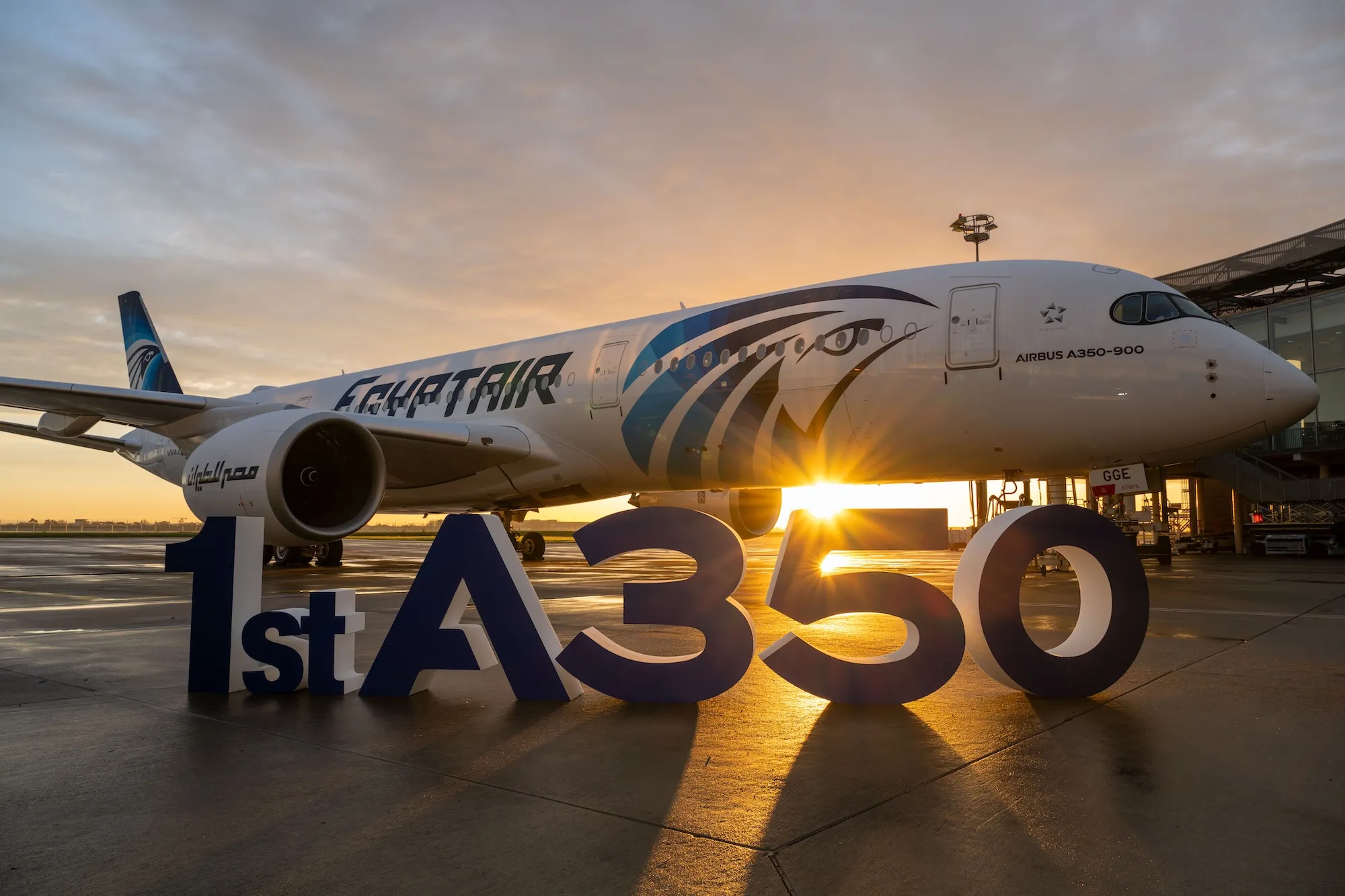


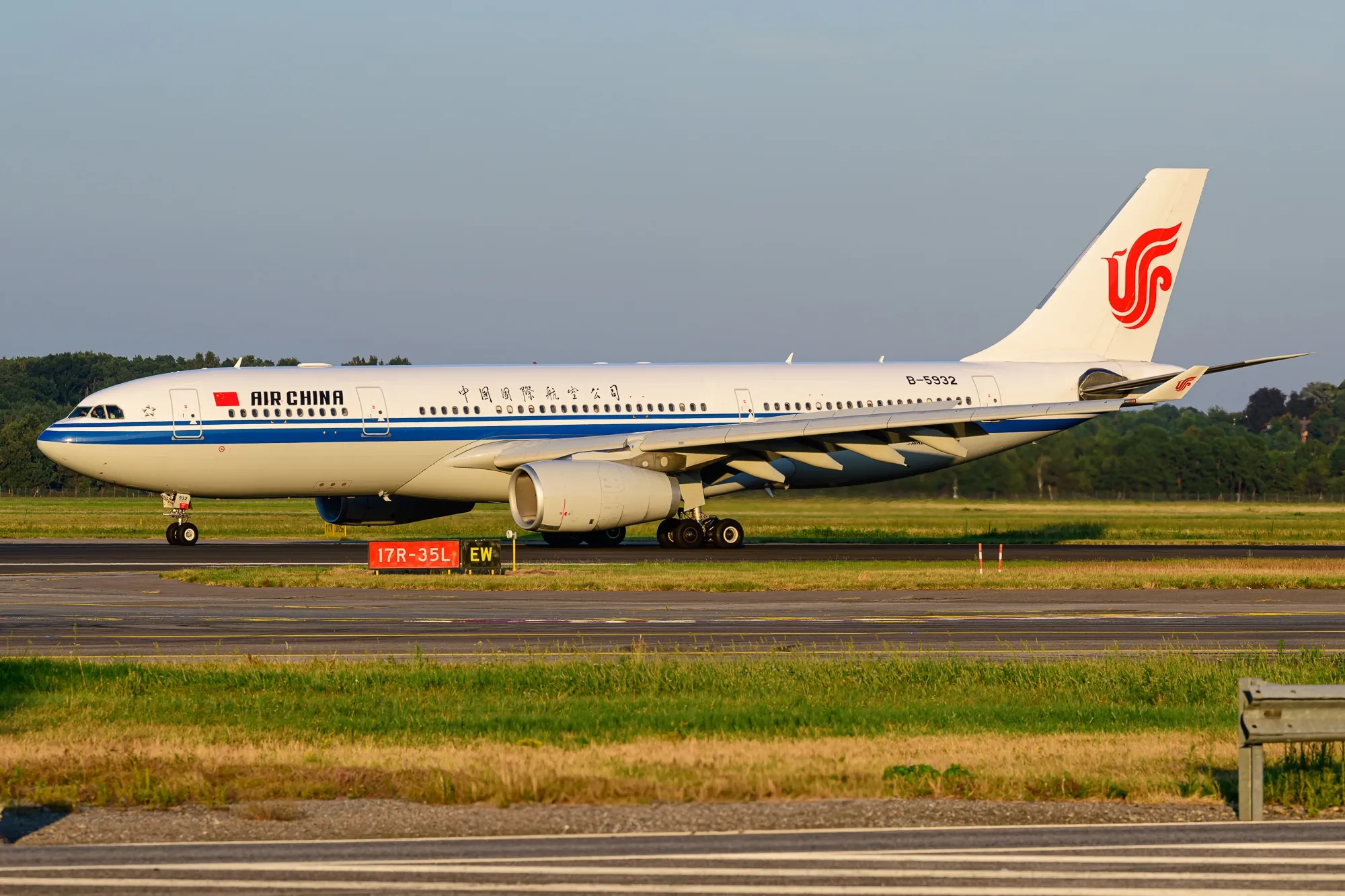
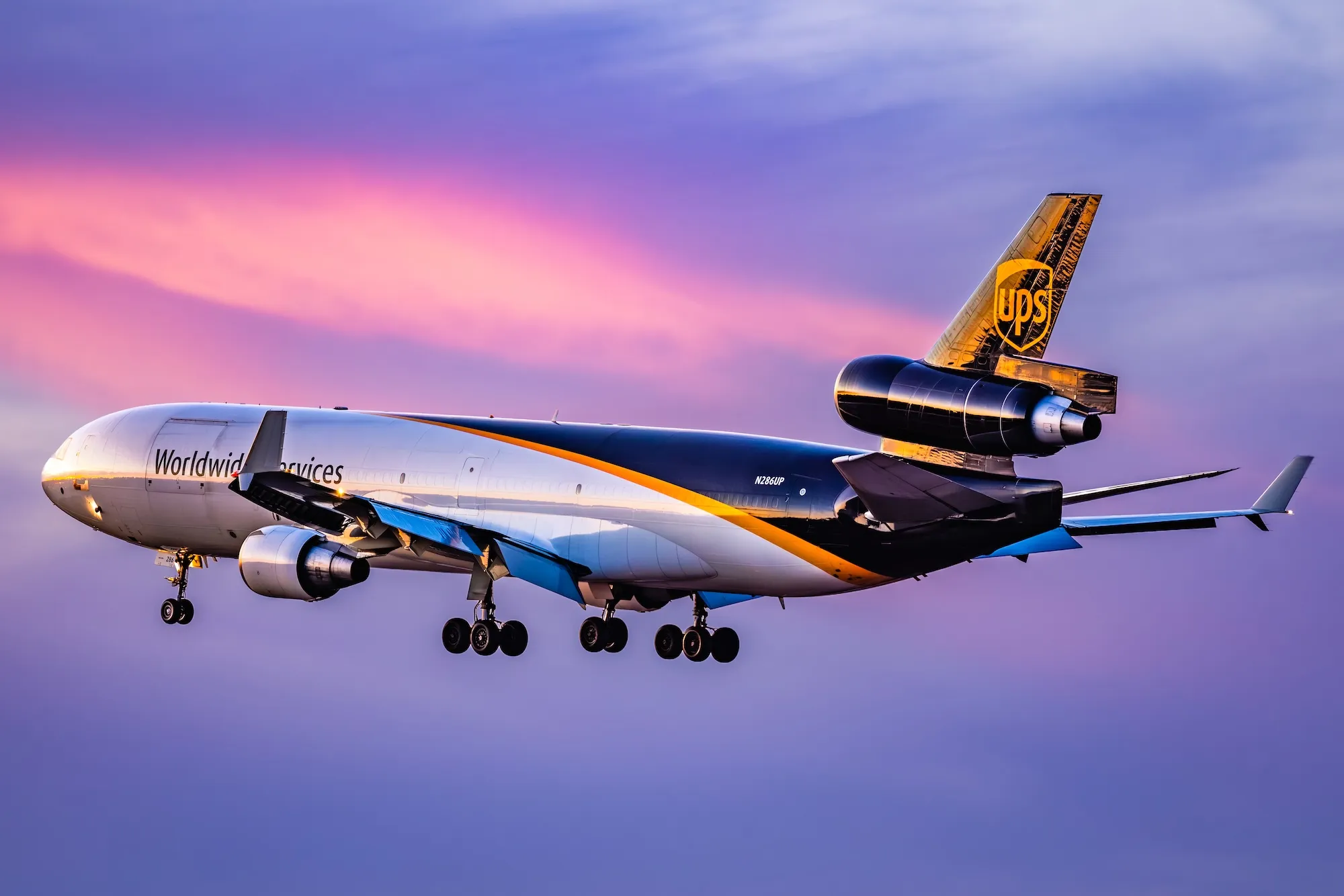
.webp)